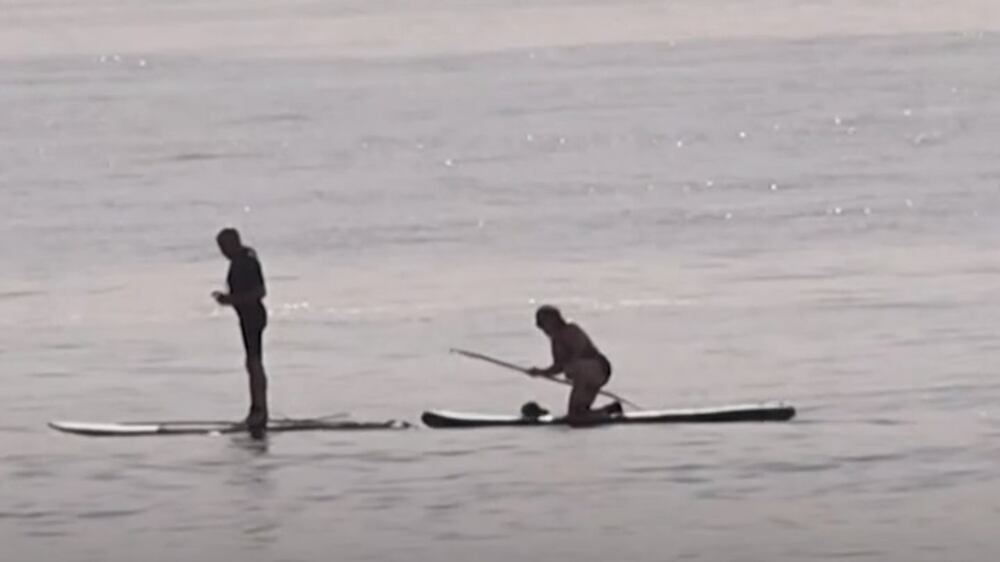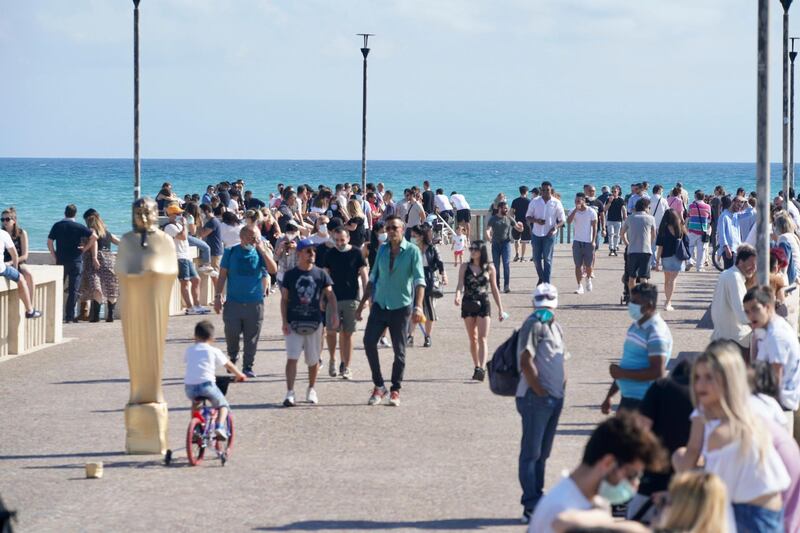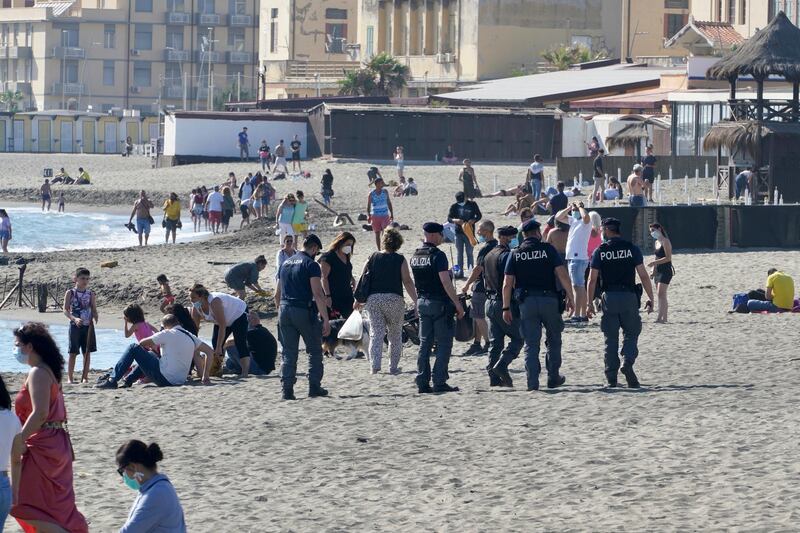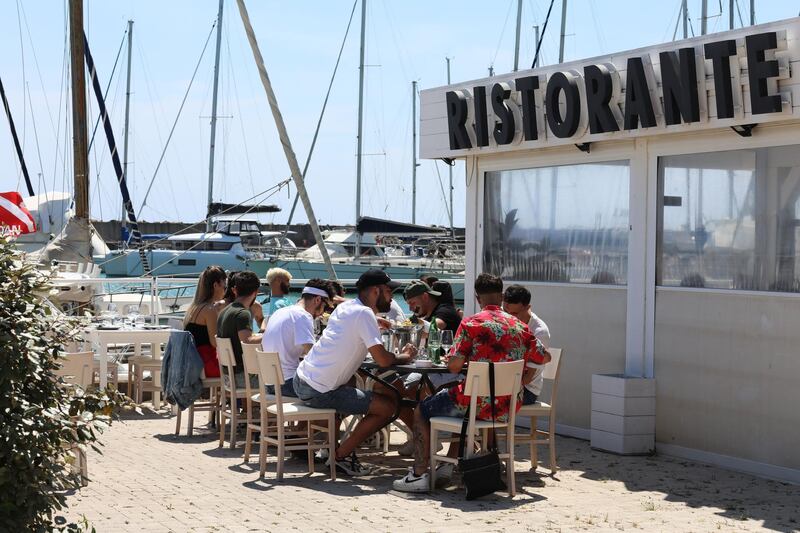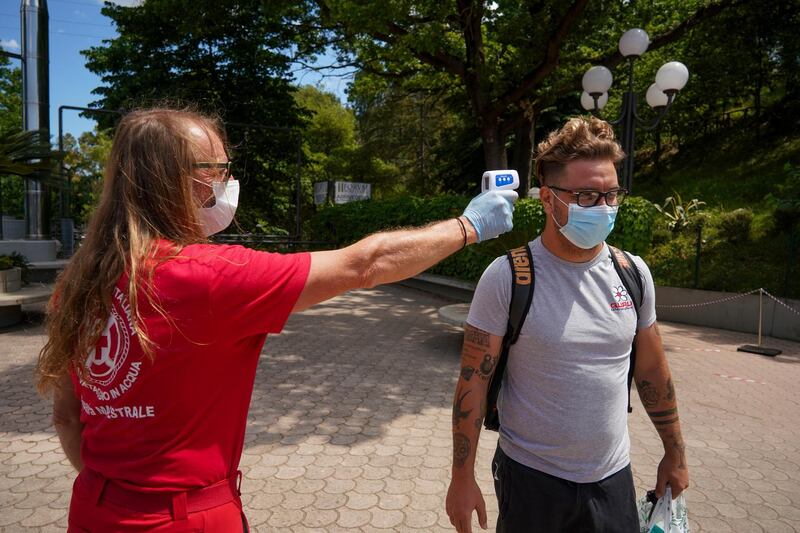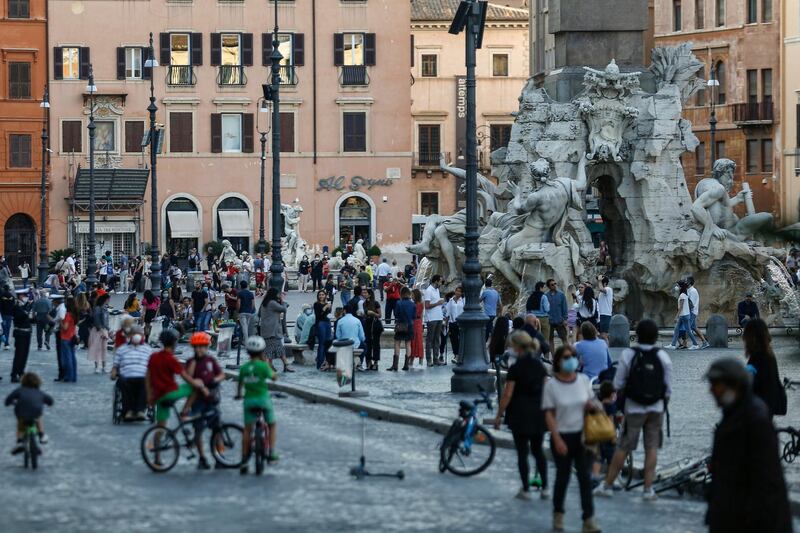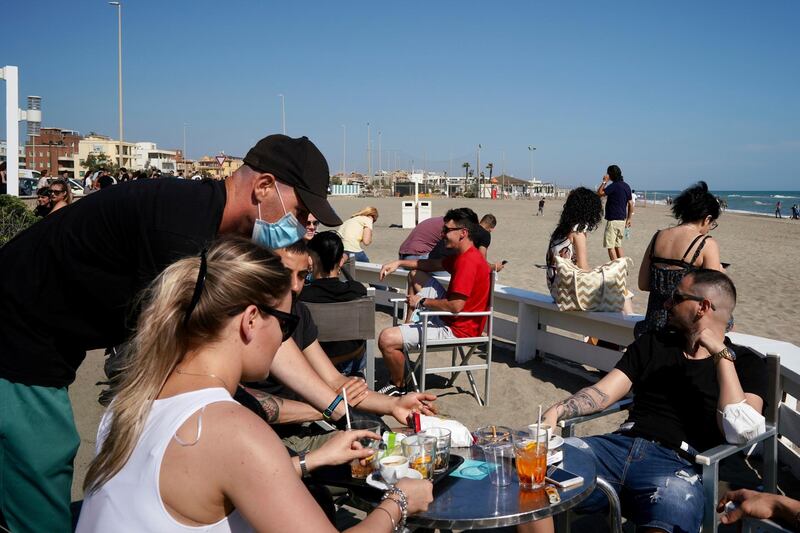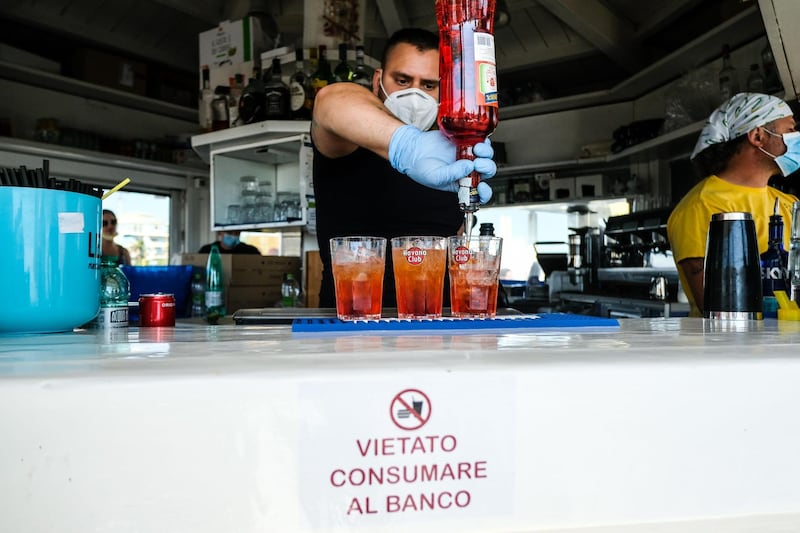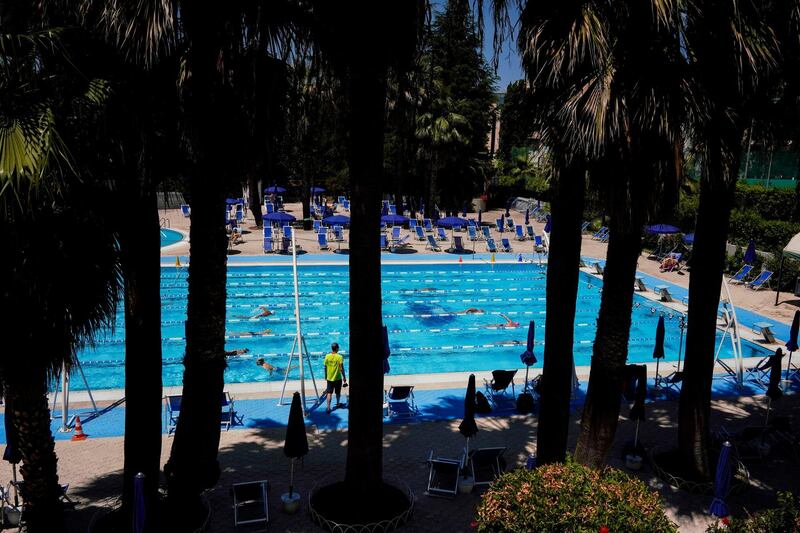Across Europe, countries are looking for ways out of their coronavirus lockdowns and restart their economies.
So far, there has not been an EU-wide agreement but individual nations are striking deals with their neighbours.
Wherever you are, certain advice, such as social distancing, could change according to local conditions.
Germany
Berlin wants to reopen the country’s borders by June 15.
It is also deciding, on May 27, how much intra-European tourism will be allowed and where from.
Border crossings with Austria, Switzerland, France and Luxembourg began reopening on May 16. A similar deal has been reached, but not yet implemented, with Denmark.
United Kingdom
From June 8, travellers arriving by train, plane or ferry will have to spend two weeks self-isolating and provide authorities with the address where they are staying.
New arrivals will be asked to use their own car and not visit their work, schools or public areas.
For travellers without accommodation, the government has said it will provide a place to self-isolate.
Ireland
From May 28, all visitors must sign passenger locator forms and self-isolate for 14 days.
The forms tell authorities where you will be staying and the rules will be in place until at least June 18.
France
Arrivals in France from the EU’s open-border zone will be exempt from the quarantine.
France will still keep its borders mostly shut until June 15, except to people who frequently need to travel in and out for work.
Anyone arriving in France will have to say why they are there and where they will be staying.
Italy
From June 3, EU citizens will be allowed to travel into Italy. Restrictions on internal travel is also being lifted early next month.
The Italian tourist agency says visitors will have to follow local orders on social-distancing guidelines and access to beaches.
Spain
Spain has reopened its borders but anyone arriving has to complete a two-week quarantine.
The country is heavily dependent on tourism and hopes to lift the self-isolation rule in July.
The country has so far only referred to travellers from the EU and it is not known when that might widen to other areas.
Leaders are also looking to create safe corridors between Spanish areas that have Covid-19 under control and similar areas around Europe.

Greece
Greece wants its borders open to European tourists by June 15, but that date has not yet been confirmed.
The country was quick to react to the pandemic and has one of the lowest death rates in Europe.
Athens has listed 19 countries judged safe enough to allow international travel. The list includes China, Japan, Australia, Poland and Serbia. The UK, Italy, Spain and the United States are not on the list.
Austria
The country is reopening its EU borders on June 15.
It has already reopened two crossings into Hungary and allowed some of the crossings into Germany.
Spot checks will be carried out on foreigners arriving in the country.
Austria's alpine tourism is heavily dependent on German visitors.
Poland
Strict closures will stay in place until at least June 12.
Norway
From May 13, travellers from all EU nations plus Iceland and Liechtenstein have been barred from entry except people who work in the country or have relatives living there.
Iceland
Iceland will begin lifting restrictions on June 15.
Visitors will have to have a coronavirus test on arrival or do a two-week quarantine.
Croatia
Croatia began opening its border with Slovenia earlier this month.
German tourists will not be allowed to visit the country until at least June 15.
The health ministry has indicated other deals will be reached with other EU nations in the coming weeks
Slovenia
Slovenia reopened its borders on May 15. Visitors crossing from Hungary, Italy and Austria are exempt from an otherwise mandatory seven-day quarantine.
